For successful incubation, it is not enough to collect a high-quality egg - an important role in the preparation process is played by the storage conditions of hatching eggs. If you neglect the elementary rules of storage, then the hatchability of chickens can be very low. You can learn more about how to prepare and save a hatching egg with the help of this article.
Choosing eggs for incubation
It is very important to choose a quality egg - the degree of hatchability of the chicks largely depends on this. What to pay attention to in the first place?
- Egg weight and shape - it is necessary to immediately discard small, large, elongated and round eggs. Ideally, an egg should weigh about 50-70 grams. It should be remembered that in large eggs there can be 2 yolks at once, so it must also be immediately discarded;
- The shell should have an even and smooth structure. It should not have bumps, dents and cracks, as well as lime deposits. Green, gray and pink spots on the shell indicate that the egg has begun to deteriorate.
In no case should an egg intended for incubation be washed: this can lead to a violation of the protective film of the shell, through which bacteria and microbes can freely penetrate inside.
If the egg is heavily soiled, then it is allowed to lightly wipe it with a damp cloth - no disinfectants should be used.
To check whether a fertilized egg or not , you can build a simple ovoscope - for this you need to roll a sheet of thick paper and bring a light bulb on one side. In the process of transillumination, you can notice:
- homogeneity of the structure, the presence of inclusions and dark spots;
- the presence or absence of an embryo - it is a small dark spot;
- the state of the air chamber - normally it should be small, located near the blunt end of the egg and not move when turned over.
Storage of hatching eggs
Eggs for incubation must be laid out in cassette boxes with plastic partitions - this material is good because it does not form dampness, while paper and cardboard are susceptible to this. At home, you can use regular cells from the store to store eggs.
Humidity
The room must have clean air with relative humidity 70-80% without foreign impurities. If the air is dry, this can lead to excessive shrinkage of the eggs, but high humidity is also harmful - condensation and mold can form on the egg shell.
To increase the level of humidity on the floor of the room, you can install several containers where you can pour water at room temperature.
Temperature
In the egg, biochemical processes are continuously taking place, which slow down at a relatively low temperature. That is why it is very important that the temperature in the room is cool enough, which allows the egg to retain its incubation properties longer.
The temperature during storage of eggs should be stable - there should not be any drops. Temperature fluctuations are fraught with condensation on the egg shell - through it, harmful bacteria and microbes have a high chance of getting into the egg embryo. Do not store eggs in the refrigerator!
I recommend keeping the temperature within 8-12 degrees. A higher temperature (20-25 degrees) is unnatural for eggs, which often leads to premature development of the embryo and its further death.
Shelf life
Depending on the storage conditions, the egg can be stored up to 3 weeks, however, the incubation qualities in this case will be rather low.
The most optimal storage periods are:
- chicken eggs 6-8 days;
- for turkey eggs 5-7 days;
- for duck and goose eggs 9-12 days.
Chicken and turkey eggs must be stored in a vertical position, goose and duck eggs in a horizontal position.
To maintain the incubation quality of eggs, they can be periodically turned 180 degrees - this helps prevent the yolk from sticking to the shell.
If the egg is supposed to be stored for quite a long time, then from time to time they can be warmed up every 3 days of storage - the temperature is raised to 37 degrees and the eggs are left in such conditions for 4-5 hours. Thus, you can increase the shelf life up to 24 days.
We recommend: How to properly lay eggs in an incubator
Conclusion
When following our recommendations, you can get a large percentage of hatched chicks. The mode of incubation itself plays a certain role, however, the choice of high-quality eggs and their proper storage can significantly reduce losses during incubation.
Useful video about storage of incubation material

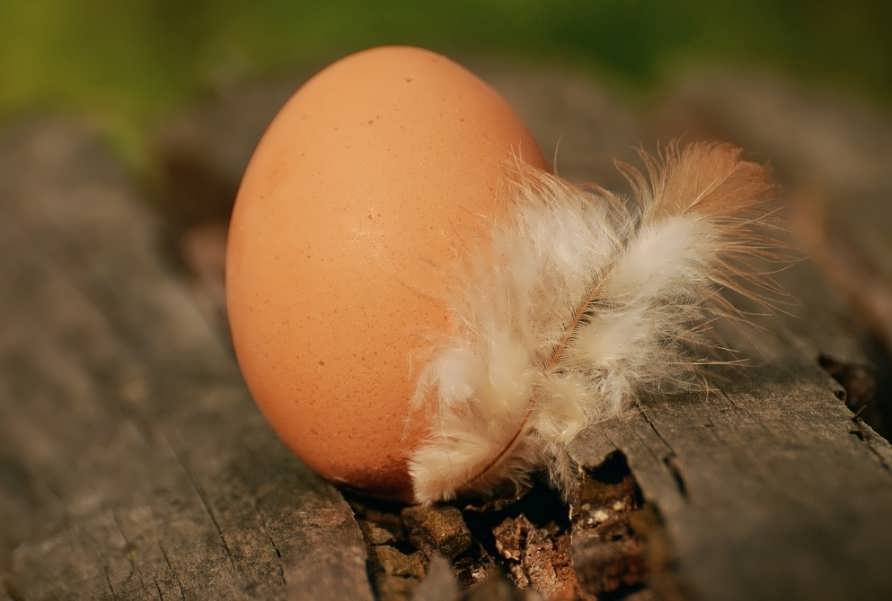
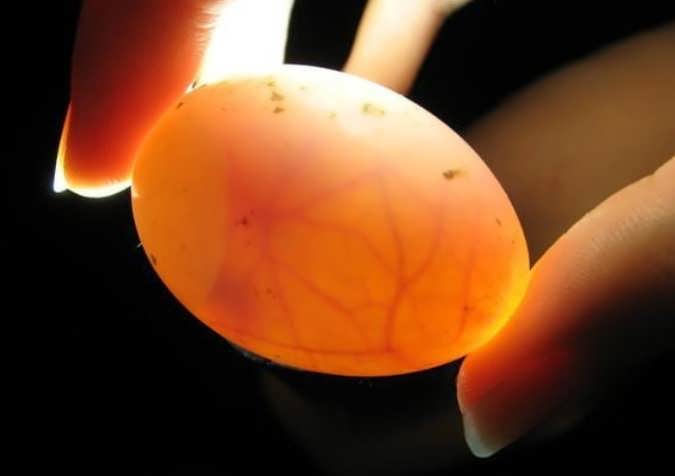
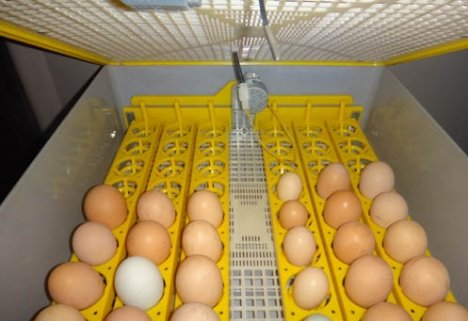
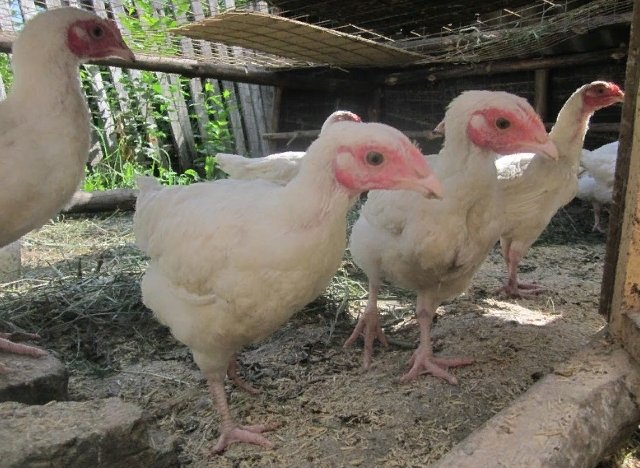
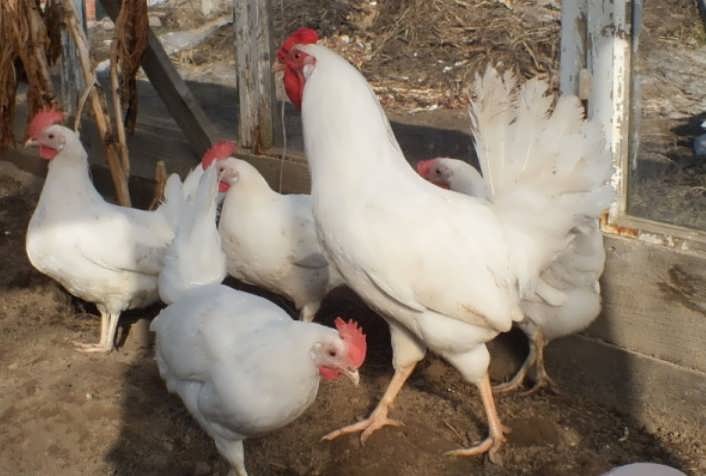
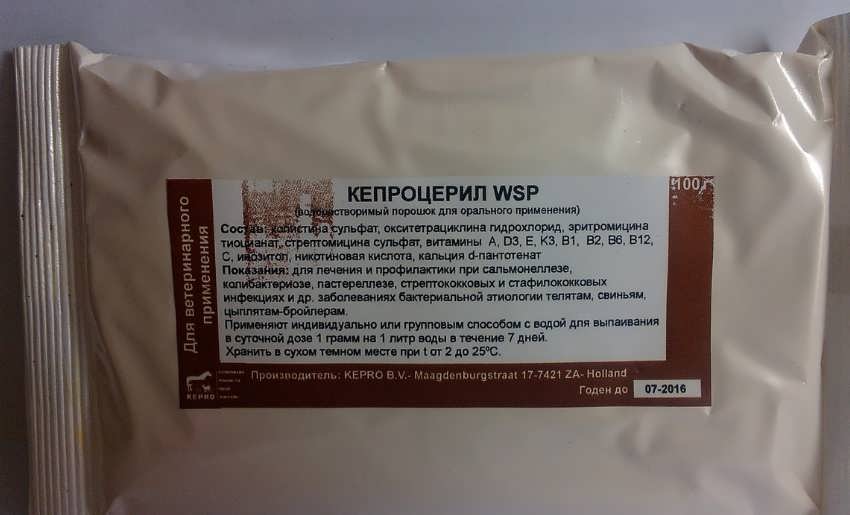
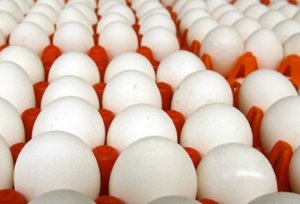
I have been looking for information on how to store a hatching egg at home for a long time. Now everything is very clear, thanks for the available information